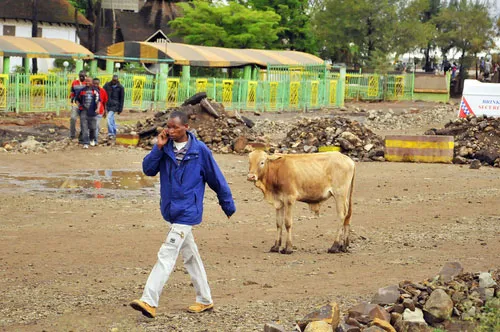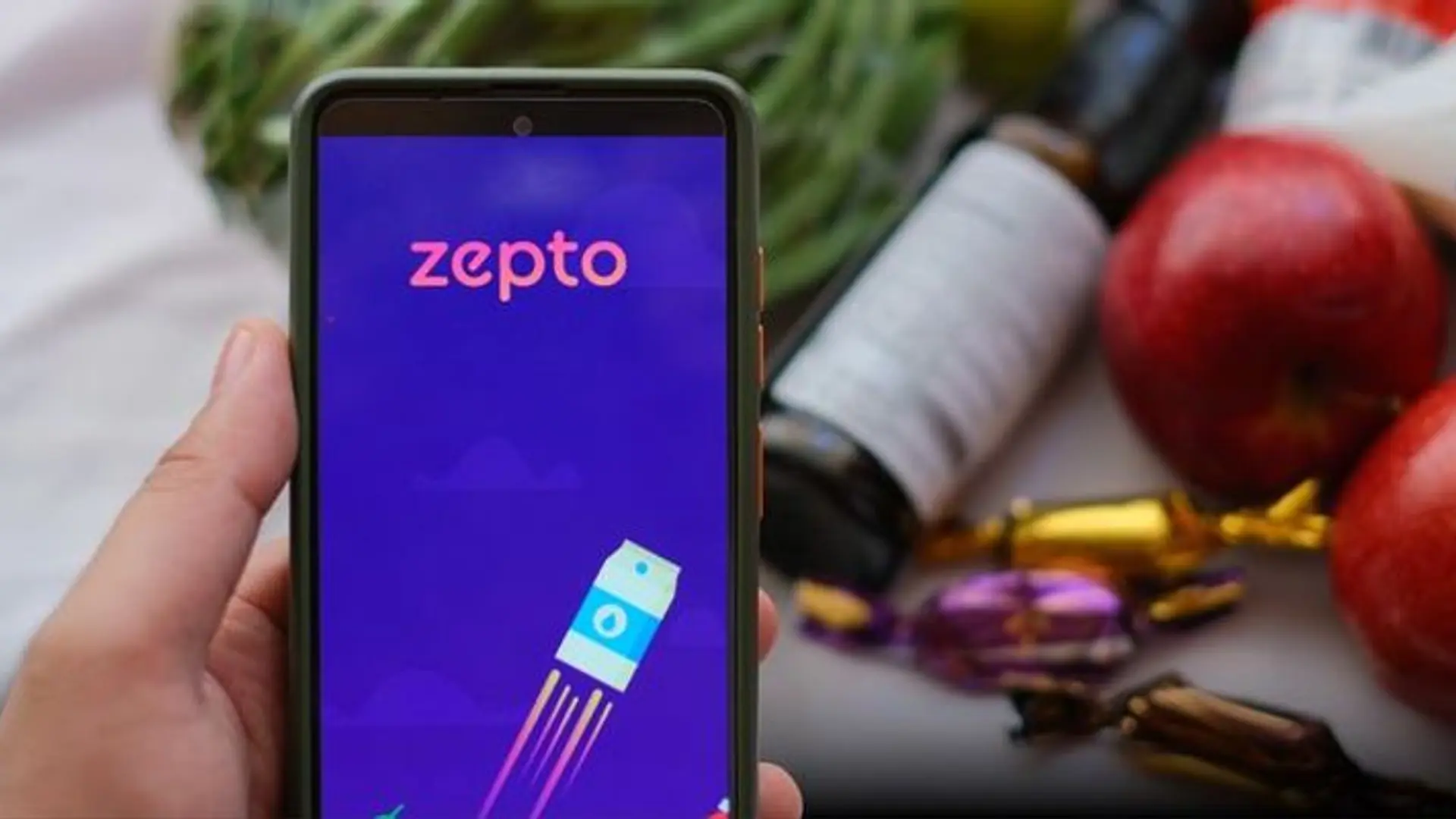This article is a part of the SparkTheRise campaign for which YourStory is an online media partner
Joginder is 44 years old but looks older. He collects garbage door to door from flats in a Mumbai suburb. Fifteen years ago, he worked for a TV production house as an office boy cum assistant. His son was born soon after with a medical condition called imperforate anus and has had to have a series of operations to create an anus. He took leave without calling in one day for the first doctor’s consultation and lost his job. Garbage collection is what he has been reduced to.

Ghanshyam, 27, has a little ironing shop, run by him and his brothers. “Dhobis” as they are known are still common in India but they rarely wash clothes any more: most are restricting to ironing, a service for which the middle classes are everlastingly grateful.
Arif, 22, delivers bread and eggs every morning and evening, picked up fresh from local bakeries. His is an early morning breakfast call for many households across the city.
None of the three would quite qualify as below the poverty line – at least by the Planning Commission’s standard of Rs 32 a day. Yet nor can they be called anything but poor and working class – living in their shops or in the slums of Mumbai.
But to all of them every government scheme which helps them is a boon. Their eyes light up when any help from a scheme is discussed. They all get provisions from the ration shops but only Ghanshyam has got his UID or Aadhaar card or even heard of it. It is against these three that the anger of the middle classes is ranged when “sops” are discussed. It is interesting that subsidies on petroleum prices and products are seen as vital to the survival of the middle classes but any attempt to help the working classes and destitute are seen as machinations of a vicious and greedy vote-grabbing machine. Yet of course, the rise in the prices of cooking gas will be much easier absorbed in a middle class family than it will by the poor – assuming some are fortunate enough to have progressed to cooking gas from kerosene, charcoal, cow dung and wood. It is more or less universally acknowledged that in spite of all its shortcomings, the MNREGA scheme with a guarantee of 100 days of work has made a substantial difference in rural India.
In this scenario, it will be interesting to see just how the UPA’s plan to give a mobile phone to every BPL family works itself out. The cost of the scheme is pegged at Rs 7000 crore and cost-sharing details with the service provider are yet to be disclosed.
That the phones will be welcome and will be a boon as far as recipients are concerned is not in doubt. The problem will be in determining who is eligible for the scheme. The Planning Commission’s Montek Singh Ahluwalia was very clear that Rs 32 a day equation as a poverty level would not be used to prevent those people just above it from benefiting from government schemes. If Rs 32 a day was acknowledged as being an abysmally low standard, then what calculation would be used for this scheme? For Joginder, Arif and Ghanshyam though, they are overjoyed at the very idea of a free phone from the government.
If you have a great idea and need a platform to showcase, please submit your idea for Spark The Rise- and get your project funded.

About the author:
Ranjona Banerji has worked for more than 25 years in publications such as Bombay Magazine, India Today, Gentleman, Mid-Day, The Times of India, Ahmedabad and DNA. She is currently a columnist and consulting editor with MxMIndia.
The views expressed above are those of the author, and not necessarily representative of the views of the Mahindra Group.






